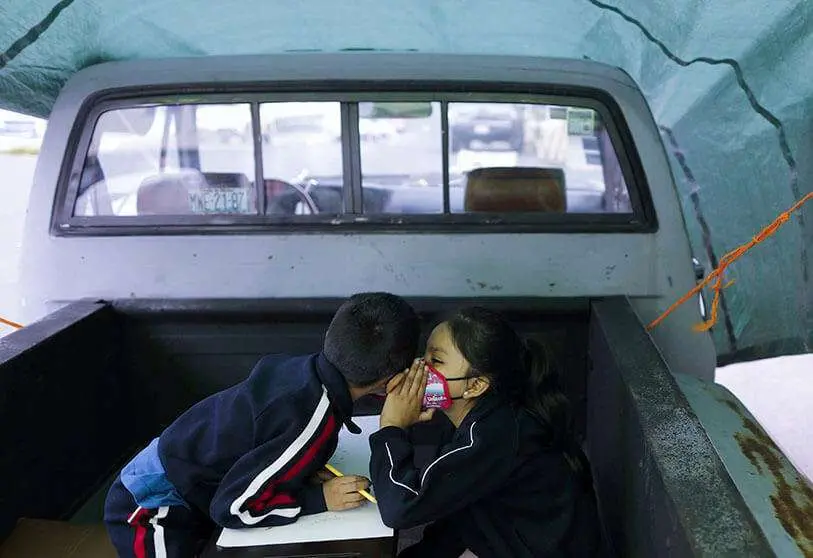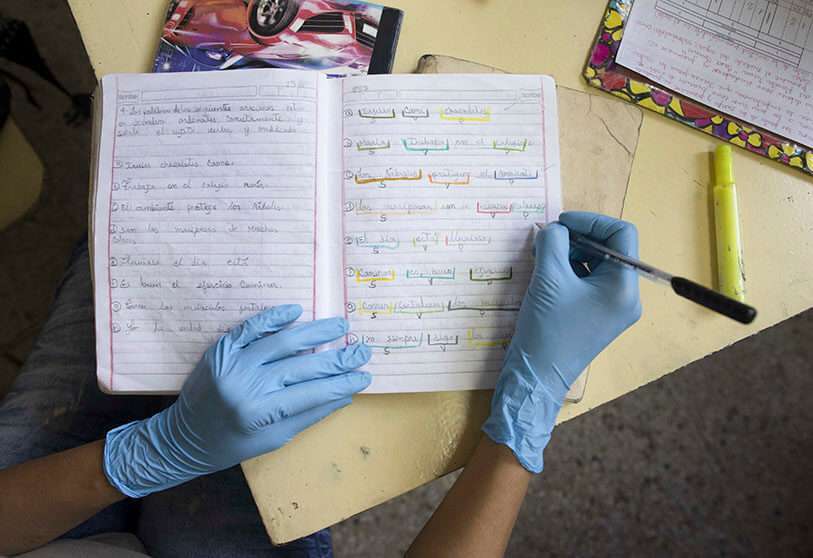The challenges of education in a pandemic

The pandemic has exposed the profound shortcomings, inequities and unpreparedness of Latin American education systems to face the challenges of education outside the classroom.
It is estimated that, at the most critical moment, more than 160 million students were no longer in school, a figure that demonstrates, on the one hand, the deficit in the integration of digital tools and, on the other, the large gap in Latin America and the Caribbean compared to more advanced states.
Another of the shortcomings uncovered by the pandemic is the deficient preparation and training of teachers to use them for learning. Add to this the lack of access, especially for the most vulnerable families, to tools such as computers, tablets, phones and good internet connection, and the short-term results are worrying. There is a drop in the development of basic skills in reading, writing and mathematics; a deepening of pre-existing socio-economic gaps that especially affect low-income families; and a negative impact on children's overall development in terms of health and nutrition.
But possibly, in the medium and long term, the most serious effect of the pandemic may be the increase in school dropout rates and its devastating consequences, such as the interruption of educational trajectories, the reduction of opportunities to obtain quality jobs and lower potential salaries.

Nevertheless, the current crisis presents opportunities for improvement, especially to make much more use of technology to enhance the digital skills of students and teachers, improve the management of education systems and train for the fourth industrial revolution.
This video presents a series of measures that should contribute to closing the education gap in the region, reformulating the relationship between school and community, and imagining new and innovative ways for students and teachers to relate to each other inside and outside the classroom.
VIDEO: https://www.youtube.com/watch?v=K8Si2j83YiU
Video and text: Fernando Ehlers, Senior Communications Executive at CAF
Visions of Development is a section promoted by CAF -development bank of Latin America- that analyses the main development issues in the region. The articles it contains are published simultaneously in the main Latin American media.








